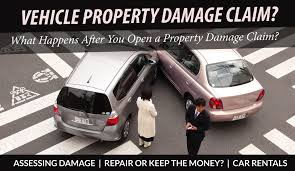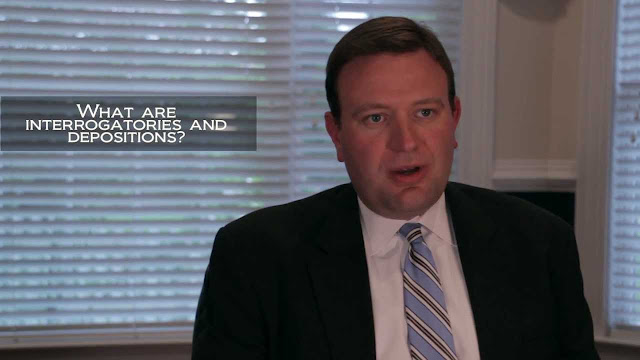How Long Will My Vehicle Damage Claim Take After a Car Accident?
After a car accident, if you are only making a
claim for damage to your vehicle -- meaning you are asking the at-fault
driver to pay to have your car fixed or to reimburse you for its "actual
cash value" -- the process will almost certainly take less time than it
would if a personal injury claim were involved. But when might a vehicle accident claim get resolved? Let’s take a look at some possibilities.
But if there really is nothing to argue about in terms of liability and losses, and the at-fault driver's policy can cover all losses stemming from the accident, a vehicle damage claim can be resolved via settlement within the first 30 to 90 days after an accident. That means the insurance company cuts the vehicle owner a check to cover repairs or replacement of the vehicle, the vehicle owner signs a release, and the matter is resolved.
For example, if it turns out that the damaged vehicle’s driver was speeding, changed lanes quickly without signaling, stopped abruptly, or ran a stop sign or stoplight, those facts would suggest that the plaintiff may well share the fault -- or even bear complete responsibility -- for any damages.
The discovery phase usually lasts from six to 12 months following the lawsuit’s filing. After the discovery process.
In a vehicle damage case, a mediator can help the parties see how successful their arguments and evidence might be to a judge or jury, including on issues such as:
Settlement of a Vehicle Claim Before a Lawsuit Is Filed
Many vehicle damage accident claims can be resolved through the insurance process, without a lawsuit ever being filed. If all parties (meaning the drivers and their respective car insurance companies) fundamentally agree about- who was at fault for the accident (or the apportionment of fault)
- the extent of the vehicle damage, and
- the cost to get the vehicle repaired, or
- where applicable, the "actual cash value" of a vehicle that has been declared a "total loss"
But if there really is nothing to argue about in terms of liability and losses, and the at-fault driver's policy can cover all losses stemming from the accident, a vehicle damage claim can be resolved via settlement within the first 30 to 90 days after an accident. That means the insurance company cuts the vehicle owner a check to cover repairs or replacement of the vehicle, the vehicle owner signs a release, and the matter is resolved.
Discovery and Motions
In the unlikely event that a lawsuit is filed -- this is a rare occurrence when no one was injured in the accident -- the parties must adhere to specific timelines for gathering information that could lead to evidence at trial. This is called the "discovery" phase, and it includes sworn testimony from parties and witnesses (depositions) and the exchange of written questions and answers (interrogatories). During this phase, disputed issues becomes clearer, in terms of how the accident happened and the nature and extent of the damage actually caused by the accident.For example, if it turns out that the damaged vehicle’s driver was speeding, changed lanes quickly without signaling, stopped abruptly, or ran a stop sign or stoplight, those facts would suggest that the plaintiff may well share the fault -- or even bear complete responsibility -- for any damages.
The discovery phase usually lasts from six to 12 months following the lawsuit’s filing. After the discovery process.
Mediation
Shortly after discovery is completed, most courts schedule the parties for what is called “alternative dispute resolution” (ADR), typically mediation, to encourage them to reach resolution with the help of a neutral third party.In a vehicle damage case, a mediator can help the parties see how successful their arguments and evidence might be to a judge or jury, including on issues such as:
- whether the plaintiff was partially at fault
- the likelihood that some or all of the alleged damage predated the accident, and
- whether the amounts claimed for repair or replacement of the damaged vehicle are excessive.
Small Claims Court and Civil Trials
If a vehicle damage claim does end up in court, chances are it will be in small claims court, which is a branch of the civil court system where disputes involving a relatively low amount of money are heard and resolved (Check out Nolo's 50-State Chart on Small Claims Court Dollar Limits to see the rules in your state.) Small claims court cases proceed quicker and less formally than regular civil lawsuits. Parties usually represent themselves, and argue their side of the case to a judge (not a jury), who will typically consider the evidence and issue a ruling on the same day.
Very few vehicle damage (non-injury) cases
ever reach the trial stage in regular civil court (outside of small
claims court). Trial is expensive and time-consuming, and the outcome is
uncertain. Parties sometimes can wait as long as two years or more
before their property damage case gets to trial. Especially where no
injuries and obvious vehicle damage occurred, your claim stands a very
good chance of being resolved well before trial.




